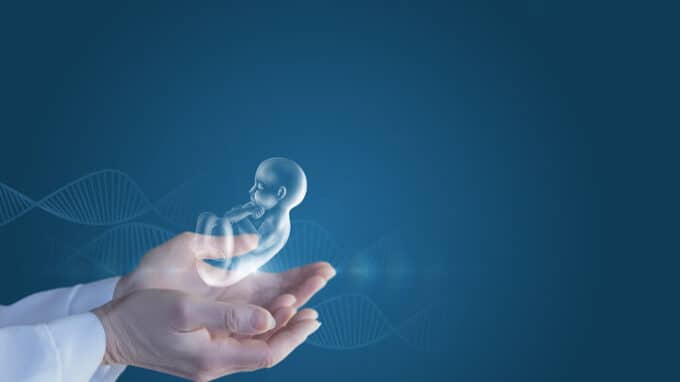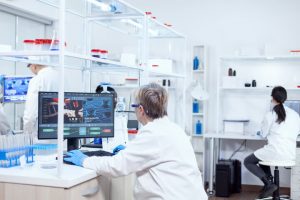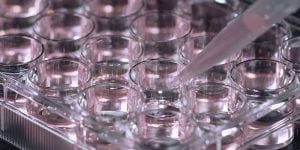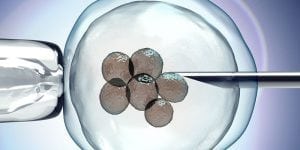A new artificial intelligence-based system can accurately determine the chromosomal status of in vitro fertilized (IVF) embryos based on time-lapse video images of the embryos and the mother’s age, according to a study by researchers at Weill Cornell Medicine. The new system, called “BELA,” described in a paper published September 5 in Nature Communications, is the team’s latest AI-based platform for assessing whether an embryo has a normal (euploid) or abnormal (aneuploid) chromosome count – a crucial factor in the success of IVF.
It thus provides an objective, generalizable measure and, if its utility is confirmed in clinical trials, could one day be widely used in embryology clinics to improve the efficiency of the IVF process. “This is a fully automated and more objective approach compared to previous approaches , and the larger volume of imaging data it uses may generate greater predictive power,” said study senior author Dr. Iman Hajirasouliha, associate professor of physiology and biophysics and a member of the Englander Institute for Precision Medicine at Weill Cornell Medicine.
New Model for Estimating Embryo Quality
Embryologists usually assess the quality of an IVF embryo by examining it under a microscope. If it looks relatively normal but there are reasons to suspect potential problems, such as advanced maternal age, they can test its chromosome status more directly. The “gold standard” test is a somewhat risky biopsy-like procedure called preimplantation genetic screening (PGS). In recent years, embryologists have teamed up with computer/AI experts to find ways to automate some of these workflows and improve outcomes. In a 2022 study, Dr. Hajirasouliha and colleagues developed an AI-based system called STORK-A that can predict the embryo’s ploidy status with about 70 percent accuracy from a single microscopic image of an embryo, as well as the maternal age and embryologist assessment. The researchers developed BELA to provide an accurate ploidy prediction independently of embryologists’ assessments. At the core of the system is a machine learning model that analyzes nine time-lapse video frames of an embryo under a microscope at a key interval, about five days after fertilization, to generate an embryo quality score. The system then uses this score and the mother’s age to predict euploidy or aneuploidy.
The researchers trained the model using an anonymized dataset from the Weill Cornell Medicine CRM with image sequences of nearly 2,000 embryos and their PGT-A-tested ploidy status. They then tested the model against new CRM datasets from Weill Cornell Medicine and those from separate large IVF clinics in Florida and Spain. They found that the model predicted ploidy status with slightly higher accuracy than previous versions and worked well for the external and internal data sets. The next step, the researchers say, is to test the predictive power of BELA prospectively in a randomized, controlled clinical trial, which they are currently planning.
The fact that BELA is designed to process a large amount of image data for each embryo also leads the researchers to suspect that it could be used for more than just ploidy prediction. They hope that this model could also be useful for general embryo quality assessment, embryo stage of development prediction, and other functions that an embryology clinic could tailor to their own needs.





